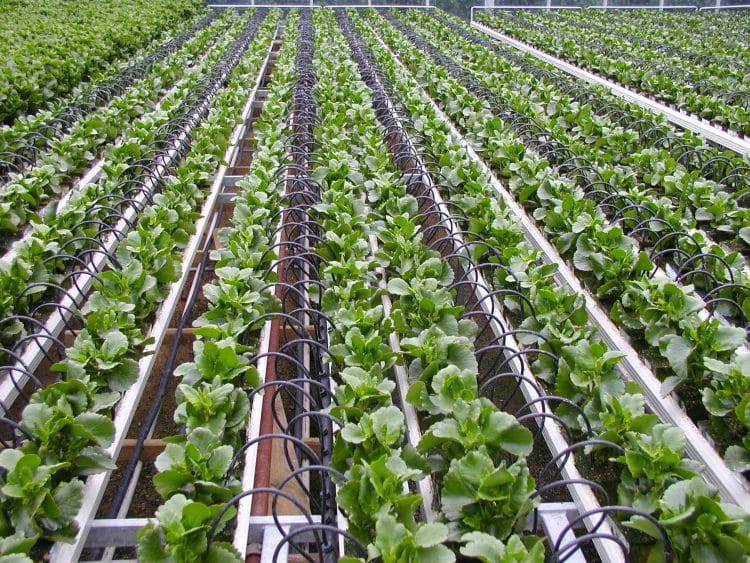How one state handles the safe and environmentally friendly disposal of cannabis waste.
Today, there are various cannabis extraction techniques that corporations, small businesses, or the DIY extractor could follow, including solvent and solventless extractions. Whichever method one chooses, you will eventually need to dispose of the leftover cannabis plant material in a safe and legal manner. But what does that imply, and how can you make sure your workers are safe and the environment remains clean?
Each state will have its own rules and regulations regarding the disposal of cannabis material. In California, the state divides this legislative responsibility between its three licensing agencies: the Bureau of Cannabis Control (Bureau), CalCannabis Cultivation Licensing (CalCannabis) and Manufactured Cannabis Safety Branch (MCSB).
The state waste management bureau, CalRecycle, enumerates on its website that each of these agencies will have different disposal requirements, as they find appropriate for the sector of the cannabis industry which they oversee. According to the Q&A, California considers cannabis organic waste unless combined with a hazardous or toxic material. So, businesses that operate with a CalCannabis or Bureau license, such as cultivators or dispensaries, may compost this organic waste on-site, while those operating with an MCSB license may not have that same privilege. In fact, as of this year, California requires the recycling (rather than dumping) of cannabis organic waste in “any business that generates four or more cubic yards of solid waste per week,” which can be achieved either on-site or at a licensed organic waste recycler.
Becoming a licensed cannabis waste manager in California is quite a process, as is evident from the application freely available to access online. It requires meticulous standard operating procedures to be implemented surrounding the transportation, storage, and eventual disposal of the waste, with contingency plans surrounding who may have access to the waste, how to dispose of hazardous vs non-hazardous material, and how to document and report any loss of materials or theft.
The legalization of adult-use cannabis and the implementation of laws and regulations surrounding its safe manufacturing and disposal has been strongly correlated with a decrease in unlicensed, environmentally destructive extraction operations. [1] As proponents of an environmentally-friendly cannabis industry, we heartily support policy efforts that could help make the cannabis industry more “Green.”
References
- Klassen, M. and Anthony, B.P. “The effects of recreational cannabis legalization on forest management and conservation efforts in U.S. national forests in the Pacific Northwest” (2019). Ecological Economics. Volume 162, Pages 39-48 [Times cited = 0, Journal impact factor = 3.895].
Image Credit: Wikimedia Commons












